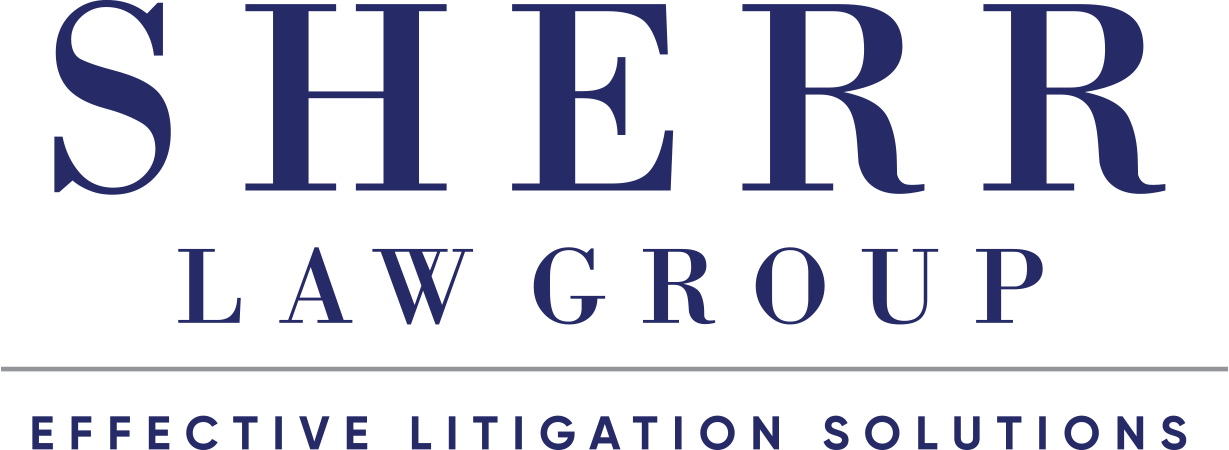Insurance companies face numerous legal challenges, from policyholder disputes to regulatory issues, and even potential third-party lawsuits. Navigating these risks requires a proactive approach to mitigate legal exposure, as well as ensuring compliance with state and federal laws.
Understanding the potential pitfalls and implementing strategic measures can help insurance companies protect themselves from legal liability in a highly regulated industry like insurance.
The Nature of Legal Liability in the Insurance Industry
Legal liability for insurance companies often arises from several key areas. Bad faith claims, for instance, occur when a policyholder alleges that the insurer mishandled a claim. These claims can result in severe penalties, including punitive damages and attorney fees, under Pennsylvania’s bad faith law. Regulatory non-compliance is another major area of concern, as failure to follow state and federal insurance regulations can lead to fines, sanctions, and lawsuits from regulators like the Pennsylvania Insurance Department.
Third-party liability is also a significant risk. This arises when insurers are drawn into lawsuits involving claims made against policyholders, particularly in personal injury cases. Missteps in settling or denying claims can expose insurers to lawsuits from third parties who claim improper handling or negligence.
Understanding these core areas of potential liability is critical for insurance companies in assessing their overall legal risk.
Regulatory Compliance as a Defensive Strategy
Compliance with state and federal regulations is a foundational element of protecting insurance companies from legal liability. The Pennsylvania Insurance Department closely monitors insurers’ activities, including how policies are issued, how claims are handled, and how companies communicate with policyholders. Failure to adhere to these regulatory standards can lead to legal action, ranging from fines to more severe penalties.
To protect against such risks, insurers must regularly review their internal policies and processes. Legal requirements change frequently, so staying current with regulations is vital. Conducting periodic audits can help identify any potential compliance issues early, allowing companies to address them before they result in legal consequences. Employee training is another essential component, ensuring that all staff members are aware of the legal requirements that govern their actions.
A Pennsylvania insurance defense attorney can offer guidance on maintaining regulatory compliance. From reviewing claims handling practices to assessing internal audits, legal counsel ensures that the company stays within the bounds of the law and avoids costly penalties.
Handling Claims in Good Faith to Avoid Legal Liability
Bad faith claims pose one of the most significant risks for insurance companies. In Pennsylvania, if a policyholder believes that their insurer unfairly denied, delayed, or reduced their claim, they may file a bad faith lawsuit. The legal implications of such claims are severe, often resulting in financial penalties and reputational damage to the insurer.
One way to mitigate these risks is by handling claims in good faith. This involves processing claims promptly and fairly, ensuring that all decisions are based on the evidence and aligned with the policy’s terms. Transparent communication with policyholders is also critical. By explaining any delays or providing clear reasons for claim denials, insurers can reduce the likelihood of bad faith allegations.
Documentation is another critical aspect of defending against bad faith claims. Insurers should keep detailed records of the claims process, including why certain decisions were made and how those decisions align with policy terms. These records are invaluable in building a defense against bad faith allegations, as they demonstrate that the insurer acted appropriately throughout the process.
In the event of a bad faith lawsuit, legal representation from an experienced insurance defense attorney can help insurers mount a strong defense, using documented evidence to refute claims of unfair treatment.
Proactive Risk Management
In addition to compliance and good claims handling practices, proactive risk management plays a crucial role in protecting insurance companies from legal liability. Risk management involves identifying potential legal vulnerabilities within the company and addressing them before they escalate into lawsuits or regulatory actions.
One of the most important aspects of risk management is ensuring that insurance policies are clear and unambiguous. Vague policy language can lead to disputes over coverage, which in turn can result in lawsuits. Regularly reviewing and updating policies to ensure they meet current legal standards is an effective way to reduce the risk of litigation.
Supervising agents and representatives is another critical area of risk management. Insurance agents are the face of the company, and any mistakes or misrepresentations they make can result in legal liability for the insurer. By closely monitoring agent activities and ensuring they provide accurate information to policyholders, insurers can minimize the risk of legal claims stemming from agent negligence.
Furthermore, insurance companies must have well-defined processes for managing litigation. Knowing when to settle a claim versus when to defend it in court is crucial. Settling a claim may avoid the cost and publicity of a trial, but defending a case might be necessary to avoid setting a costly precedent for future claims.
Partnering with a business crisis lawyer or insurance law liability attorney ensures that companies have the right strategies in place to manage these risks effectively.
Leveraging Technology for Compliance and Claims Management
Technology can significantly enhance an insurance company’s ability to manage compliance and claims efficiently. For instance, automated compliance systems can help ensure that regulatory requirements are consistently met, flagging any potential issues for review. This type of software is particularly valuable in an industry as highly regulated as insurance, where even minor non-compliance can result in significant penalties.
Claims management software also plays a vital role. Efficient claims processing can reduce delays, minimize errors, and ensure that all claims are handled fairly, which in turn reduces the risk of bad faith claims. By tracking claims from initiation to resolution, these systems provide valuable documentation that supports the insurer’s position if the claim becomes the subject of a lawsuit.
Data security is another critical area where technology can help protect insurers from legal liability. Data breaches have become increasingly common, and they carry significant legal risks, particularly when customer data is compromised. Implementing robust cybersecurity measures can prevent breaches and the resulting legal actions that often follow.
Legal Counsel as a Protective Measure
Despite all preventive measures, legal challenges will inevitably arise in the insurance industry. Engaging a ,can provide critical support when facing regulatory investigations, lawsuits, or bad faith claims. Experienced legal counsel can offer ongoing advice on compliance, claims handling practices, and policy development.
When litigation becomes unavoidable, legal defense is essential. Attorneys can represent the insurer in court, ensuring that the company’s interests are protected and that legal risks are minimized. Additionally, in many cases, disputes can be resolved outside of court through mediation or settlement negotiations. A skilled attorney can help negotiate favorable terms for the insurer, avoiding the expense and uncertainty of a trial.
Reducing the Risk of Costly Litigation
Protecting insurance companies from legal liability requires a multi-faceted approach that includes regulatory compliance, good faith claims handling, risk management, and the effective use of technology. Engaging the services of a Pennsylvania insurance defense attorney ensures that insurers have the legal guidance necessary to navigate complex challenges and reduce the risk of costly litigation.
By taking proactive measures, insurance companies can protect their interests, maintain regulatory compliance, and build stronger relationships with policyholders, ultimately leading to long-term success in the industry. If you are an insurance provider looking to bolster your legal defenses, contact Sherr Law Group for legal guidance tailored to the needs of your business.



